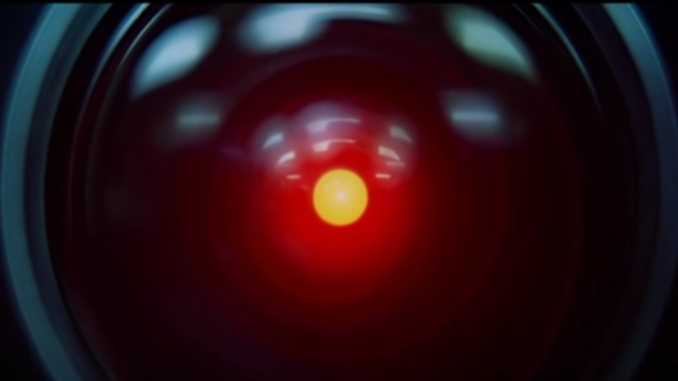
“Open the pod bay doors, Hal”.
“I’m sorry, Dave, I’m afraid I can’t do that”.
— Excerpt from a conversation between a frustrated human and an uncooperative artificial intelligence in the film, “2001: A Space Odyssey”.
We humans seem to be programmed to expect the worst from the future, especially if the future includes smart, rebellious computers who are supposed to be completely subservient, but aren’t. We fear a future co-inhabited by artificial intelligence(s), and long to put off that day for as long as possible. If you count yourself among the pessimistic multitudes, you’re in for a shock. Ready or not, the future is here now. AI is already widely deployed in a wide variety of capacities, and will only continue to expand and increase its range and role in our world.
What AI is currently doing ranges from the mundane to the sophisticated: pushing online ads based on your browsing history; web-based e-commerce chatbots; personal assistants (Alexa, Siri, Google Assistant); spam filters; automotive cruise control; running new home appliances, managing the Internet of Things (IoT), weather forecasting, analyzing huge amounts of data, and many, many other applications, tasks, and projects. The McKinsey Global Institute predicts AI will add $13 trillion to the world economy by 2030. Recently, scientists put AI to work analyzing the fossil record of biological mass extinctions. The machine found unexpected and surprising patterns in the data that challenge long-held evolutionary theories.
Most exciting of all, an AI company called DeepMind (owned by Alphabet, which also owns Google) has achieved a breakthrough in understanding protein folding. DeepMind built a machine learning algorithm they call “AlphaFold” which can figure out how most proteins fold, solving a 3-dimensional problem biologists have been puzzling with for over 50 years. There are thousands of unique proteins in every cell in the human body. How a protein folds determines its function. Malfunctioning (or mal-forming) proteins are a cause of most diseases. Figuring out how proteins are supposed to fold correctly is a major step in curing diseases like cancer and many other maladies.
Rather than being just a malevolent force destined to doom humanity, AI has tremendous potential to improve human lives and quality of living. Thus far, Artificial Intelligence has been used largely for good, in ways that greatly benefit mankind. This trend is likely to continue: we are apt to become dependent on and addicted to AI, just as we have become dependent on and addicted to the flow of information across the Internet. Artificial Intelligence is here, and here for good.
AI: it’s not just for dystopian futures anymore.
Question of the Night: For what positive purpose would you like to see AI employed?
